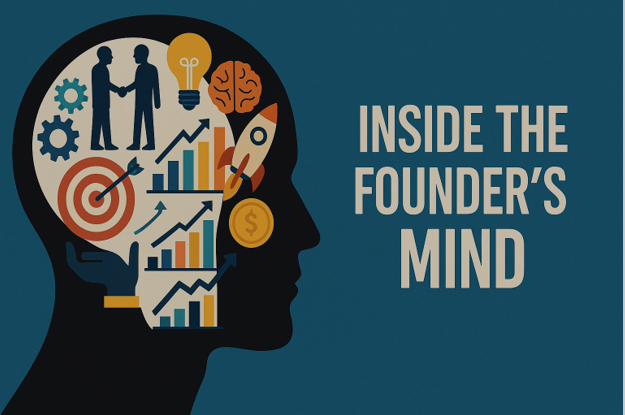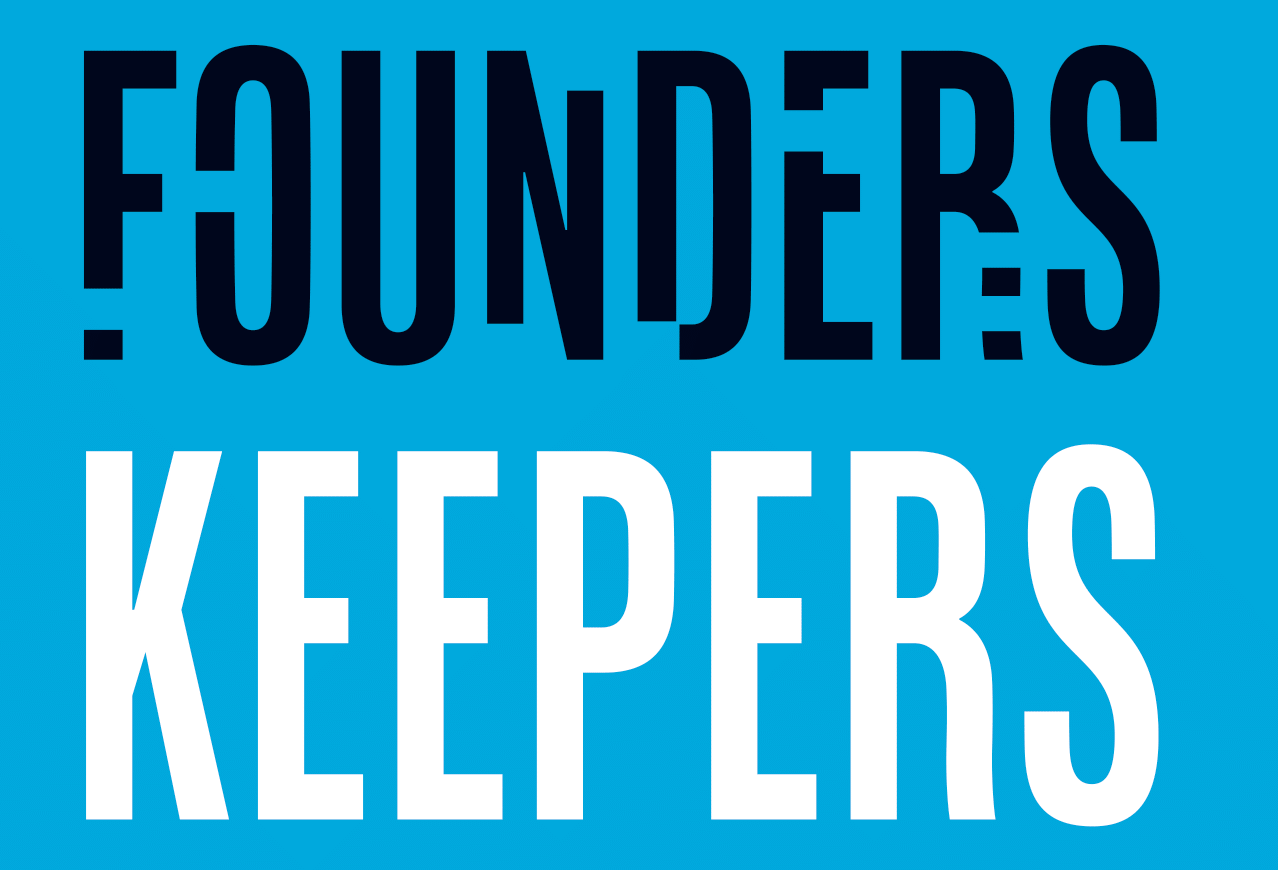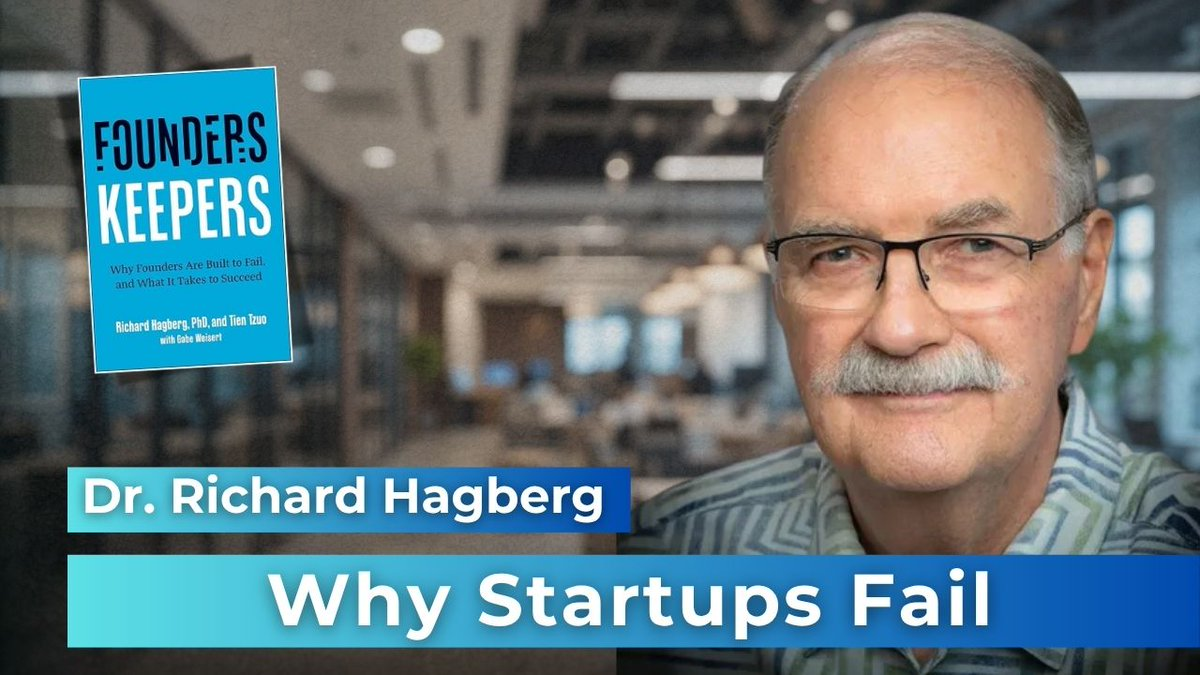Article
Why Successful Founders Win—and Others Crash and Burn

Startup founders represent the ultimate paradox: celebrated for their innovative brilliance yet notoriously susceptible to failure. In reality, the difference between astronomical success and dismal failure boils down to a surprisingly consistent set of behaviors and personality traits. Drawing from extensive 360 feedback studies, personality assessments, and deep insights from Founders Keepers, we've unraveled exactly what separates winners from losers in the startup world.
Myth-busting: Genius Jerks Rarely Prevail
A common myth persists that successful founders must be narcissistic, domineering, and abrasive—the stereotypical "genius jerk." Yet, our rigorous analysis of data from 122 founders, comparing the top performers (at least 10X returns) with bottom performers (zero returns), decisively shatters this myth.
Successful founders, contrary to popular belief, rarely succeed because of egocentric ruthlessness. Instead, they thrive due to their extraordinary adaptability, relationship-building skills, disciplined execution, and deep personal grounding. Meanwhile, unsuccessful founders often implode because of their rigidity, isolation, impulsivity, and inability to truly lead teams.
Adaptability: The Endless Pursuit of Product-Market Fit
Successful founders understand one critical truth: product-market fit isn't a finish line; it’s a continuous process. They show an exceptional ability to:
- Remain open to input, eagerly soliciting and integrating team feedback.
- Effectively manage resistance, empathetically addressing team concerns.
- Skillfully create buy-in, building commitment through transparency and genuine engagement.
In contrast, unsuccessful founders typically fail due to rigidity. They stubbornly anchor themselves to outdated strategies, ignore valuable feedback, and react defensively to challenges, eventually becoming roadblocks in their own companies.
Relationship Building: From Loners to Leaders
A pivotal distinction lies in the ability to work effectively through others. Successful founders consistently excel in empowering their teams. They:
- Delegate effectively, granting autonomy while clearly defining expectations.
- Maintain trust through consistent behavior, integrity, and transparency.
- Develop robust emotional intelligence, adeptly managing conflict and strengthening team cohesion.
Unsuccessful founders, on the other hand, struggle profoundly with delegation. Their chronic micromanagement erodes trust and morale, creating environments of fear and resentment. They often isolate themselves, failing to build genuine relationships, thus missing critical insights and innovations their teams could provide.
Execution: Discipline Over Charisma
Execution—arguably the most underrated pillar of startup leadership—truly separates winners from losers. Successful founders meticulously:
- Set clear, measurable, and achievable goals.
- Follow through relentlessly, holding themselves and others accountable.
- Create robust systems and processes to scale effectively.
Conversely, unsuccessful founders typically suffer from chronic disorganization and impulsivity. Their inability to prioritize, constant pivots without strategic clarity, and poor follow-through generate chaos and stifle growth.
Personal Grounding: Stability Amidst Chaos
Perhaps most counterintuitively, successful founders exhibit deep personal grounding—a trait seldom highlighted in sensational startup narratives. They:
- Demonstrate emotional resilience, remaining composed under extreme stress.
- Exhibit patience, tolerating ambiguity and uncertainty with grace.
- Maintain optimistic yet realistic perspectives, avoiding destructive cycles of anxiety or panic.
Unsuccessful founders, however, often spiral under pressure. Their volatility and emotional reactivity exacerbate crises, leading to poor decision-making and destructive interpersonal dynamics.
Self-Awareness: The Hidden Driver of Success
Underpinning all these traits is profound self-awareness—arguably the most critical competency of all. Successful founders consistently seek self-improvement, humbly recognizing their weaknesses and proactively addressing them. They actively solicit honest feedback, never fearing the vulnerability required for growth.
Unsuccessful founders, conversely, often display a tragic lack of self-awareness. Their denial of shortcomings, defensiveness to feedback, and unwillingness to evolve ultimately doom their startups.
Real-World Wisdom: Voices from the Trenches
Beyond the data, the human stories captured in 360 feedback illustrate these differences vividly:
- Successful founders receive praise like, “He constantly solicits input, adapts swiftly, and builds deep trust. His humility makes everyone want to follow him.”
- Unsuccessful founders, by contrast, earn harsh critiques: “He ignores input, reacts defensively, and insists on controlling every detail. The team is disengaged and demoralized.”
These narratives underscore the simple but powerful truth that the best founders aren't isolated geniuses—they’re skilled leaders who build environments where everyone can thrive.
The Path Forward: Turning Insights into Action
If you're a founder, investor, or leader within the startup ecosystem, confront these truths head-on. Assess yourself and your organization rigorously:
- Are you truly adaptable, or merely superficially agile?
- Are you empowering your team, or stifling their potential?
- Are you executing with discipline, or flailing with chaos?
- Are you grounded emotionally, or reactive and volatile?
- Are you genuinely self-aware, or defensively delusional?
Final Thoughts
Ultimately, founder success isn’t about flashy charisma or ruthless ambition. It’s about a disciplined commitment to growth—both personal and organizational. Embrace adaptability, deepen your self-awareness, and master the art of leadership grounded in trust and integrity.
This is not merely good advice—it’s the proven difference between a startup’s spectacular success and its avoidable failure.
What traits do you see defining successful and unsuccessful founders in your experience? Let's discuss!
share this
Related Articles
Related Articles

STAY UP TO DATE
GET PATH'S LATEST
Receive bi-weekly updates from the church, and get a heads up on upcoming events.
Contact Us










